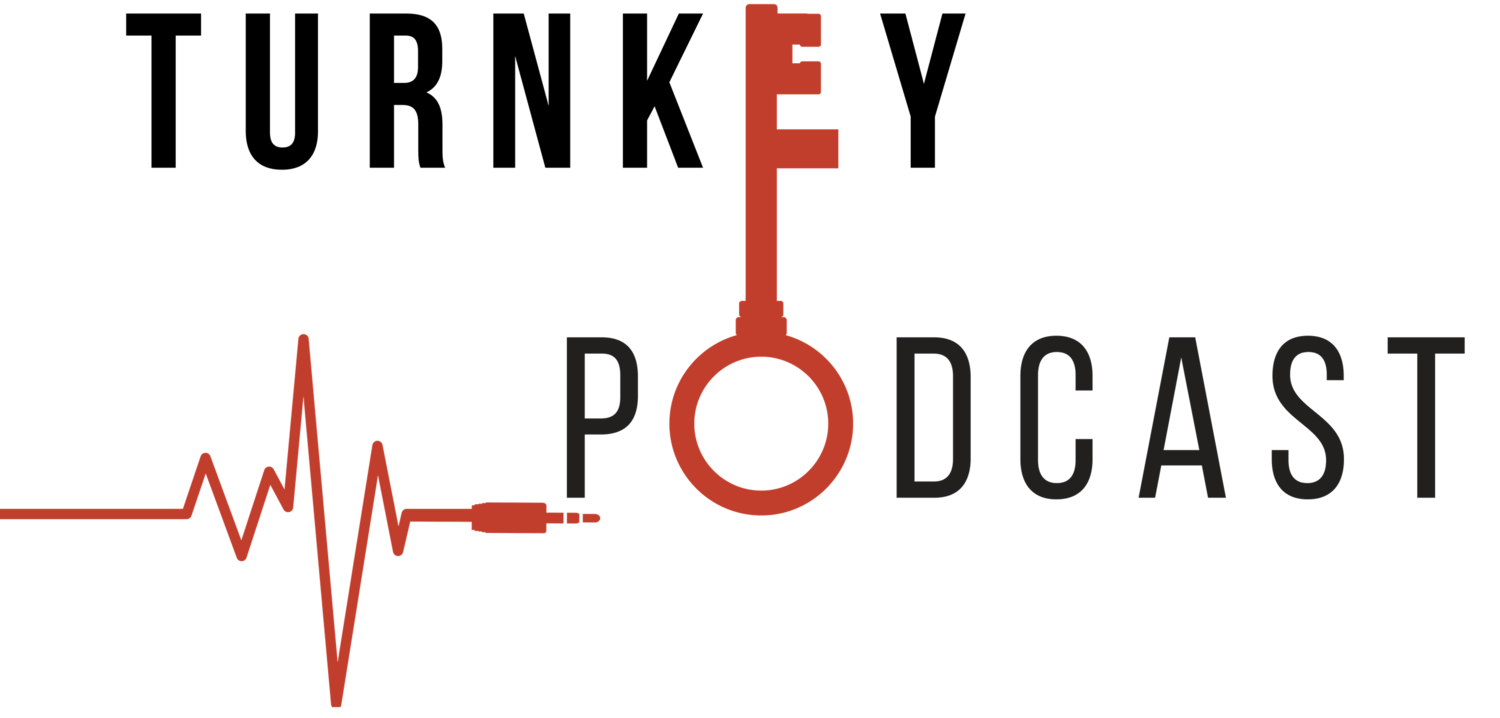If you, like thousands of others, are considering a career as an economist, then arming yourself with all the relevant information seems like the first logical step. Hopefully you’ve already started investigating whether this is going to be the fastest track to your most profitable future.
Perhaps you enjoy investigating data and have a keen eye for detail. Maybe you were even top of the class in math and are on the hunt for a lucrative career where you can use your mathematical skills in an interesting and diverse way.
Economists need to be independent thinkers who are curious about certain fields and enjoy working through solutions. Here are some of the pros and cons to pursuing a qualification in Economics.
Pros
All of the hard work you exerted by earning your qualification will almost certainly pay off. This is because even newly qualified economists can still expect to earn a salary of between $52,540 and $70,870. If you stick with it, get yourself a great mentor, and make it to being one of the more experienced people in the field, then this figure can rise to $134,080 per annum. The amount you earn will largely depend on experience, the degree you hold, the industry you work in, the state you work in and lastly the company you work for. It can’t be disputed that this is one of the highest paid careers in the world.
With an economics degree comes terrific job opportunities in a variety of different fields. Applied economics jobs cover a variety of different fields from finance and banking, to public policy and sales and marketing to name but a few.
Knowledge is power, and never more so than with an economics degree. The skills and knowledge that you will learn cannot only be applied to a variety of fields, but can also be useful to you personally as you navigate interest rates, exchange rates, economic indicators, and equity markets. All of your training will equip you to make informed and educated decisions when it comes to your personal investment and mortgage opportunities.
Cons
It’s hard graft being an economist. The great salaries and good job prospects don’t come freely, but are the rewards of people willing to put in the time and effort. Earning your qualification isn’t a walk in the park either, and you will have to have a good mathematical brain if you are to succeed.
Economists often have to work very long hours in order to meet strict deadlines, and this is often the case with many high paying jobs, but it is worth taking into consideration as you will need a healthy amount of dedication and commitment in order to put in the time required.
Remember that there are pros and cons to every job and what is a con to one person may not necessarily be to the next person. It is ultimately up to the individual to ascertain what they are suited to.
